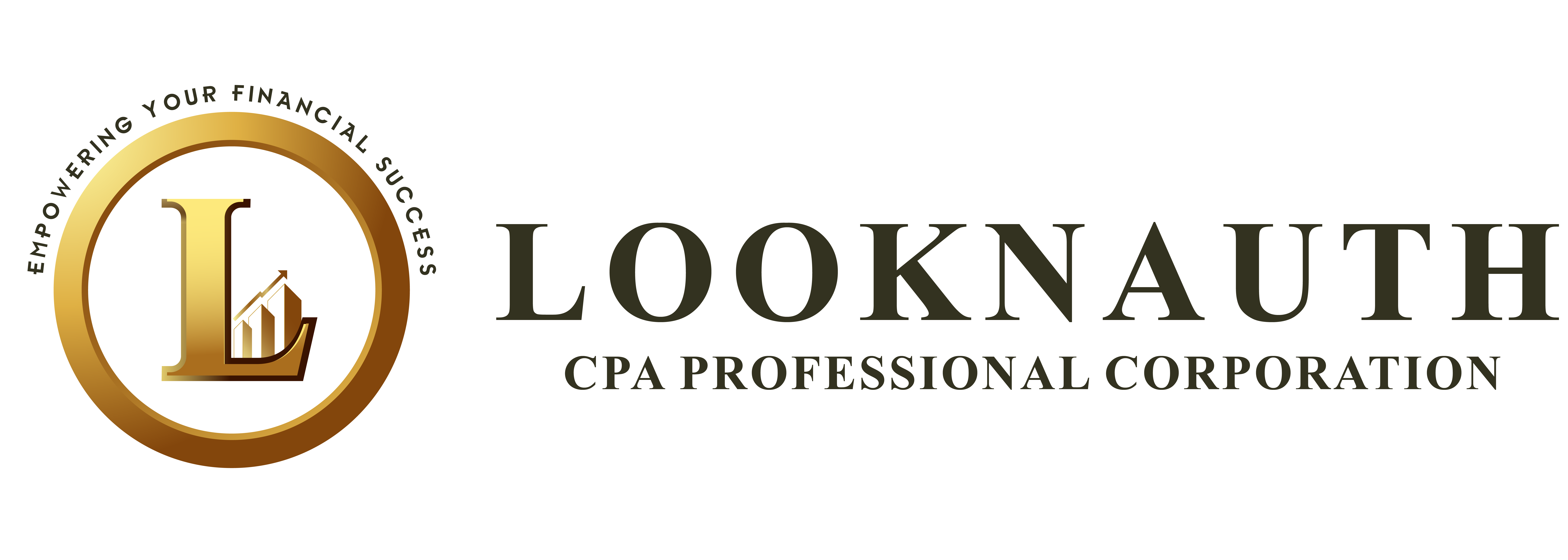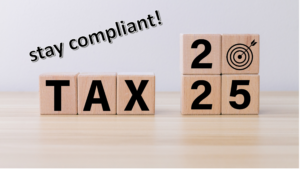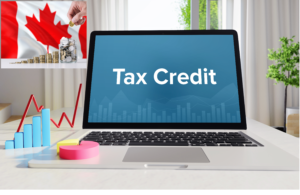Introduction
If you rent out a short-term rental property in Canada, new tax regulations could significantly impact your income tax deductions. As of January 1, 2024, the federal government has introduced strict rules denying deductions for non-compliant short-term rentals.
This means that if your short-term rental is not properly registered, licensed, or permitted in your municipality or province, you cannot claim tax deductions for mortgage interest, utilities, repairs, or other rental expenses incurred while the property is non-compliant【CRA】.
At Looknauth CPA Professional Corporation, we help property owners navigate these tax changes, maximize their deductions, and stay compliant with federal and local regulations.
Why These Tax Changes Matter
The federal government has prioritized affordable housing and is using tax policies to reduce unauthorized short-term rentals that limit the availability of long-term housing【Source: CRA, January 22, 2025】.
To encourage compliance, the government has provided a transition relief period for 2024: if you obtain all necessary permits and licenses by December 31, 2024, you will be considered compliant for the entire 2024 tax year【CRA】.
However, starting in 2025 and beyond, if your short-term rental is non-compliant for even part of the year, you will permanently lose a portion of your tax deductions.
Understanding Short-Term Rental Compliance
🔹 What Qualifies as a Short-Term Rental?
A short-term rental is a residential property rented for less than 90 consecutive days【Source: CRA】.
🔹 What Is a Non-Compliant Short-Term Rental?
Your rental is non-compliant if【CRA】:
✅ Your municipality or province does not allow short-term rentals at your location.
✅ You do not have the required registrations, licenses, or permits to operate the rental legally.
How the New Tax Rules Impact You
1. Denial of Rental Expense Deductions
If your short-term rental is non-compliant, you cannot deduct any expenses incurred while the property is non-compliant.
✔ Expenses you could lose deductions for include:
- Mortgage interest
- Property taxes
- Repairs and maintenance
- Utilities (electricity, water, internet, etc.)
- Insurance costs
2. Partial Deduction for Part-Year Compliance
If your property is non-compliant for part of the year, the formula below determines the portion of your expenses that are non-deductible:
Formula:
🔹 A × B ÷ C
Where:
✅ A = Total rental expenses for the year
✅ B = Number of non-compliant days
✅ C = Total days the property was used as a short-term rental
Example: How the New Rules Affect Your Taxes
Scenario
🔹 You own a condo in a city that requires short-term rental licenses.
🔹 You rented it for 300 nights at $250 per night (total revenue = $75,000).
🔹 You spent $60,000 on rental expenses in 2025.
🔹 You only obtained your license on July 1, 2025, meaning you were non-compliant for 181 days.
Tax Deduction Calculation
Using the CRA’s non-compliant expense formula:
🔹 $60,000 × (181 ÷ 365) = $29,753 (Non-Deductible Expenses)
🔹 Total Deductible Expenses = $60,000 – $29,753 = $30,247
Final Taxable Income
✔ Revenue: $75,000
✔ Deductible Expenses: $30,247
✔ Taxable Profit: $44,753
If the property had been fully compliant, you would have been able to deduct the full $60,000, leaving only $15,000 in taxable income.
This example shows how non-compliance can drastically increase your tax bill.
How to Stay Compliant and Avoid Losing Deductions
🔹 Check your local bylaws – Ensure short-term rentals are allowed in your area.
🔹 Obtain all required permits, licenses, and registrations – Complete this to stay compliant.
🔹 Keep records of your compliance – Store copies of licenses and proof of registration in case of an audit.
🔹 Consult a CPA – Work with a tax professional to ensure compliance and maximize your deductions.
How Looknauth CPA Can Help You
At Looknauth CPA Professional Corporation, we provide expert tax planning for short-term rental owners, ensuring you:
✅ Maximize deductible expenses while staying compliant.
✅ Structure rental income tax-efficiently to reduce tax liability.
✅ Stay up to date with federal and municipal regulations.
With tax rules becoming stricter, proactive planning is essential to protect your rental income and minimize your tax bill.
Contact Looknauth CPA today for expert guidance on short-term rental tax compliance!
📞 Call us at 416-450-1549
📩 Email us at info@looknauthcpa.com
Final Thoughts
The new short-term rental tax rules are a wake-up call for property owners who are not fully compliant. With significant tax deductions at stake, it’s critical to understand the regulations, take immediate action, and consult a CPA to ensure compliance.
At Looknauth CPA, we help rental property owners navigate tax complexities, minimize liabilities, and protect their profits.
Contact us today!
📞 Call us at 416-450-1549
📩 Email us at info@looknauthcpa.com





